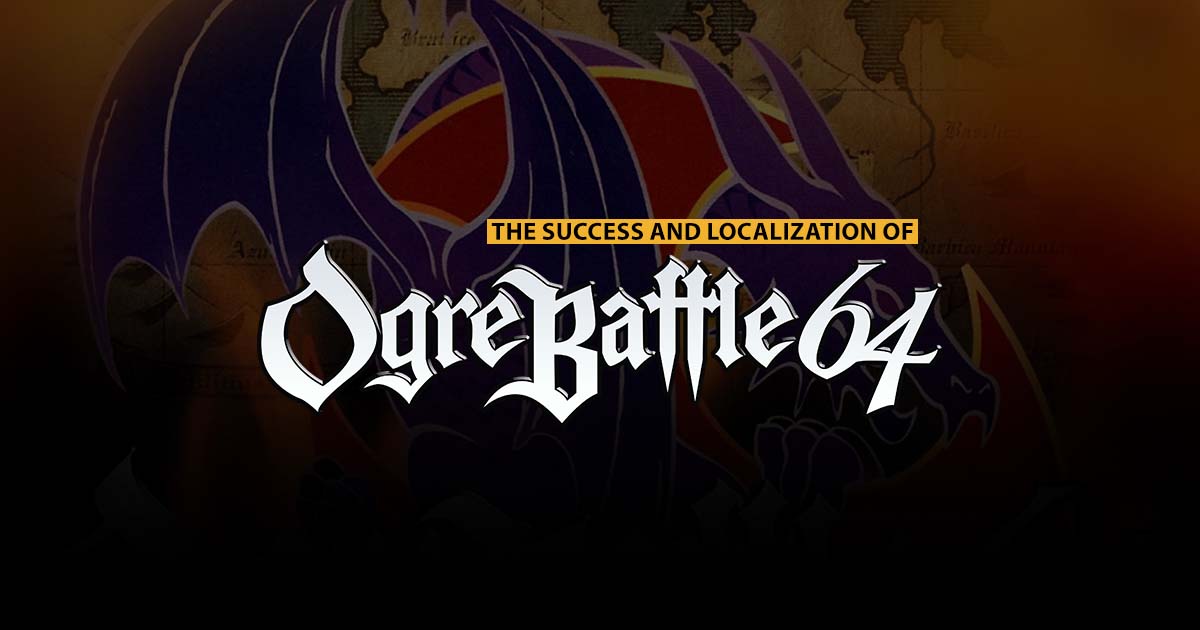How to Localize Your Mobile Game on a Budget

Meet us at the E3 2018 WIGI Party!
06/05/2018
6 Questions to Answer Before Talking to a Localization Vendor
05/01/2022Content updated 23 May 2022
Localization is the last thing on the list before a game is released for many developers, which means it’s also probably the last thing to be budgeted. But when it comes to mobile games, localization is becoming more a more important — so don’t worry, you can still reach a global market even when cash is tight.
1. Budget for localization early
The easiest way to localize on a budget is to actually budget for it. Do your research, talk to a few different vendors, and think about what and which languages you’d like localized early on. If you wait until the last minute, a vendor might not have enough time to complete everything before your release or charge you a minimum fee, among other hiccups that could stress you and your budget.
2. Start with the basics
If you have a mobile game, the first (and most cost-effective) place to start is your metadata, keywords, and app description. Your in-game material can remain in English, but foreign gamers will have an easier time finding and understanding your game if the basics are in their native language in the app store. Since this information has a fixed character and word limit, you can bet that your total word count will be low.
3. Translate for your actual players — not just your target market
One of the many pluses of waiting to localize your mobile game until after the English version is released is that you can actually see where your game is being played — and which language those gamers speak. If you had planned on localizing for FIGS first, but your game is blowing up in Asia and Latin America, you may want to rethink which languages you spend your time and energy on.
4. Use technology
If you’re looking to cut costs in initial translation, you may want to use a Translation Memory tool. Translation Memory, or TM, is a database of previously translated phrases you can provide to your translators. This is most helpful if your game has a lot of repeating words and phrases such as “You won!” or “Your princess is in another castle!” Running your strings through a TM tool first will cut down on hours your translators have to spend and/or overall word count — both of which are money-saving!
5. Do it right the first time
You know that saying, “If you think it’s expensive to hire a professional to do the job, wait until you hire an amateur”?. This is also true when it comes to localization. If you go with amateur translators — which can be cheaper — you may end up having to hire professionals to clean up or even completely redo their work later. Hiring professional translators or an experienced localization vendor from the start might be more expensive, but at least you won’t have to pay for the same work twice.






